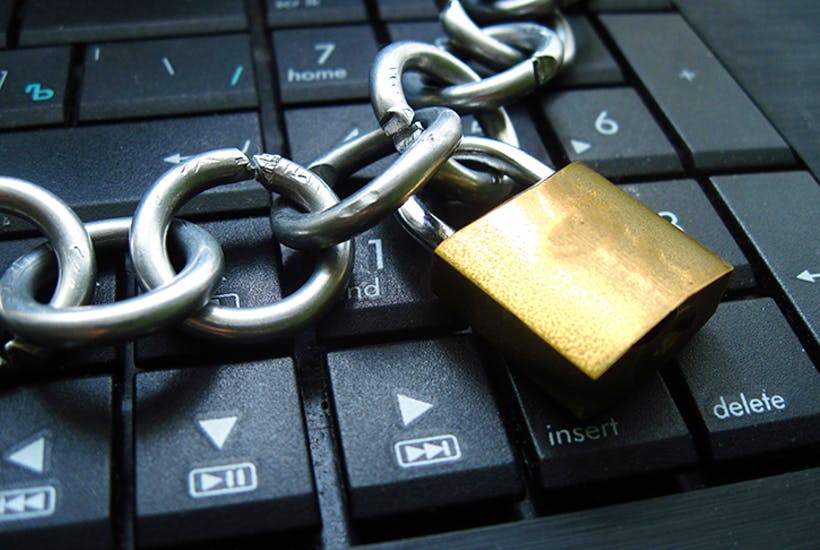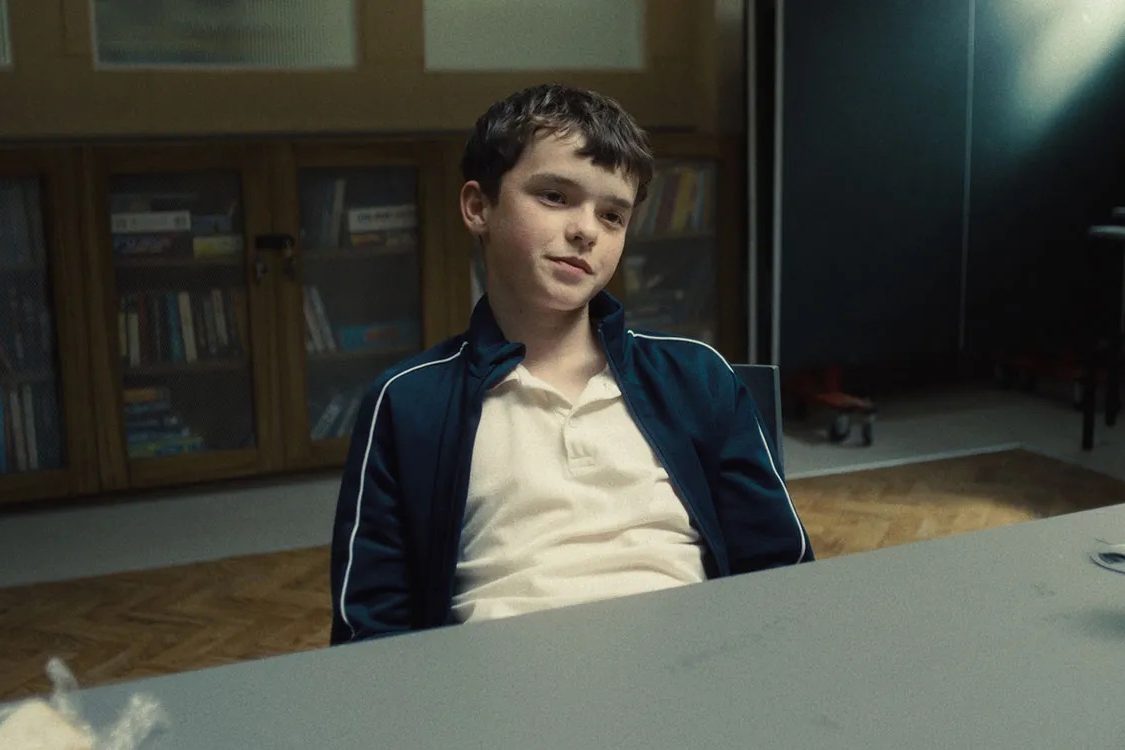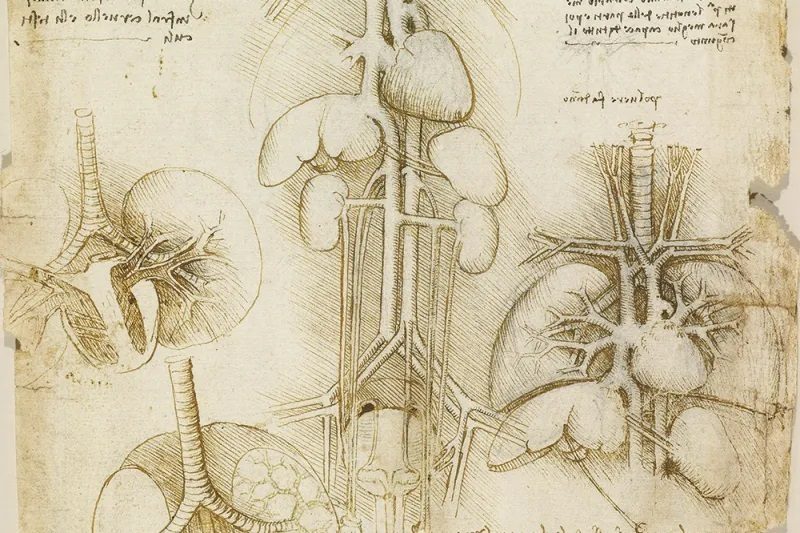Eight years ago, I had an erotic epiphany. It was around midnight: I had sex on the brain and porn on my laptop. Suddenly, everything felt wrong and a wave of sadness washed over me. I felt like some sleazy man from a Michel Houellebecq novel. I no longer wanted to be that kind of man. So I made a solemn vow to abstain for at least 60 days.
Back then, I thought I was the only man in the world who had taken such a vow. (And in case you’re wondering, I lasted 45 days that first time and now remain free of porn.) Little did I know then that that year — 2011 — was when a forum called NoFap was set up on social media platform Reddit by Alexander Rhodes to support men like me. The name NoFap is meant to be an onomatopoeic representation of the sound of masturbation. Members who abstain are called ‘fapstronaughts’ and women members — they have a few — are known as ‘femstronaughts’.
Today NoFap has an online community of around 400,000 and describes itself as a ‘porn recovery site’. What, you may wonder, are they recovering from? Exhaustion? Sprained wrists? NoFap believes that the use of porn and masturbation together has detrimental effects on your mental, physical and emotional health. The site advocates ‘abstinence’ for a period of 60 days, which allows the body and mind a natural ‘rebooting’.
Over the past decade, an anti-masturbation movement has emerged in America. Groups such as NoFap, Proud Boys (young right-wing nationalists whose hashtag is #NoWank), Christian chastity advocates and writers such as the productivity gurus Tim Ferris and Jordan Peterson are seen as part of it. There are groups such as the Sacred Sexuality Project which warns that ‘pornography addiction could quite literally be considered an epidemic in modern culture today’ and should be seen ‘in a similar light to the abuse of cocaine in the late 19th and early 20th centuries’.
Of course, the British like to think this is some sort of peculiarly American thing, rooted in its puritanical past. But there’s a growing number of British men who are joining offline support groups such as Sex and Love Addicts Anonymous, where they can find the kind of support that NoFap offers. This has now become a sub-theme in the American culture wars and the #MeToo movement.
Critics of NoFap come from the left and the right and from feminists and religious fundamentalists. For some conservatives, NoFap is a fellow traveller in the war on men because it perpetuates the myth of ‘toxic masculinity’ that regards all men as porn addicts in need of treatment. Feminists, however, criticize it because it fails to make that very critique.
But many liberals don’t like NoFap either. They see the group as depriving men of not just a human right but a human good as well. To some, only religious bigots, right-wing conservatives and sexually repressed neurotics would challenge the consensus. So, by this logic, NoFap must be suspect.
I don’t think either critique is fair. What strikes me after reading numerous postings on the Reddit site is the absence of the typical anti-masculine rant that woke #MeToo men usually go in for.
NoFappers are mostly men in their twenties who don’t hate pornography for exploiting women and perpetuating sexism; they hate it because, they believe, it can cause erectile dysfunction, leaves you feeling drained, undermines your productivity and can damage your relationships. The websites warn of porn addiction ‘rewiring the brain’s reward mechanism, which results in apathy or procrastination’, a ‘loss of attraction for real women’ and ‘all the other issues that come with any addiction’. For them it’s really an issue of health, not morality.
I suspect NoFap appeals to many young men in the same way that Jordan Peterson does — it provides rules and restrictions that encourage a self-discipline that is the foundation to cultivating what Peterson calls a more ‘noble’ self. ‘I probably wouldn’t be here if it wasn’t for ol’ JP,’ notes a contributor on the Reddit notice board.
Less serious are the many NoFap members who just like a challenge; men for whom no porn for 60 days is a kind of endurance test. Hence the deep strand of gung-ho guy bonding you find in numerous postings. At times, fapstronaughts sound like a band of Navy Seals getting psyched up for a dangerous mission. ‘Let’s go guys, we can do this’ (African Agent 47) and declarations of the laconic ‘Count me in’ sort.
For thousands of years, men have banded together to fight for noble causes, to scale mountains and fly to the moon — but this? Come on guys, can’t we come up with something a little grander? There’s an inherent and self-defeating contradiction in the NoFap idea of abstinence. Why bother quitting for 30, 60 or 100 days if you’re just going to end up going back to your old habits? Why not, like other addicts, make the pledge to quit?
That said, mocking the mission of these young men is easy. But abstinence is harder than you think for one simple reason: good reasons to stop are hard to find. The scientific claims made by NoFap are either irrefutable or based on suspect science, depending on your view of porn. The church doesn’t want to mention sin or damnation as in days of old. No wonder the male default mode is: why not? What’s the big deal?
We might say there’s nothing wrong with all this — though I think there are good ethical reasons not to use porn — but that’s not what we often feel. If there’s nothing wrong with it, why do so many men feel embarrassed by the practice? Young men have the choice to actively engage in the cultivation of a higher or better self through self-denial.
Perhaps the final word should go to Mark Queppet of the Sacred Sexuality Project. The world needs more strong and passionate men, he says, but ‘sadly, we’ve never even met many of our greatest leaders’ because they are still stuck in their room watching filth on their smartphones. NoFap is a sign that maybe something will change.
This article was originally published in The Spectator magazine.

























